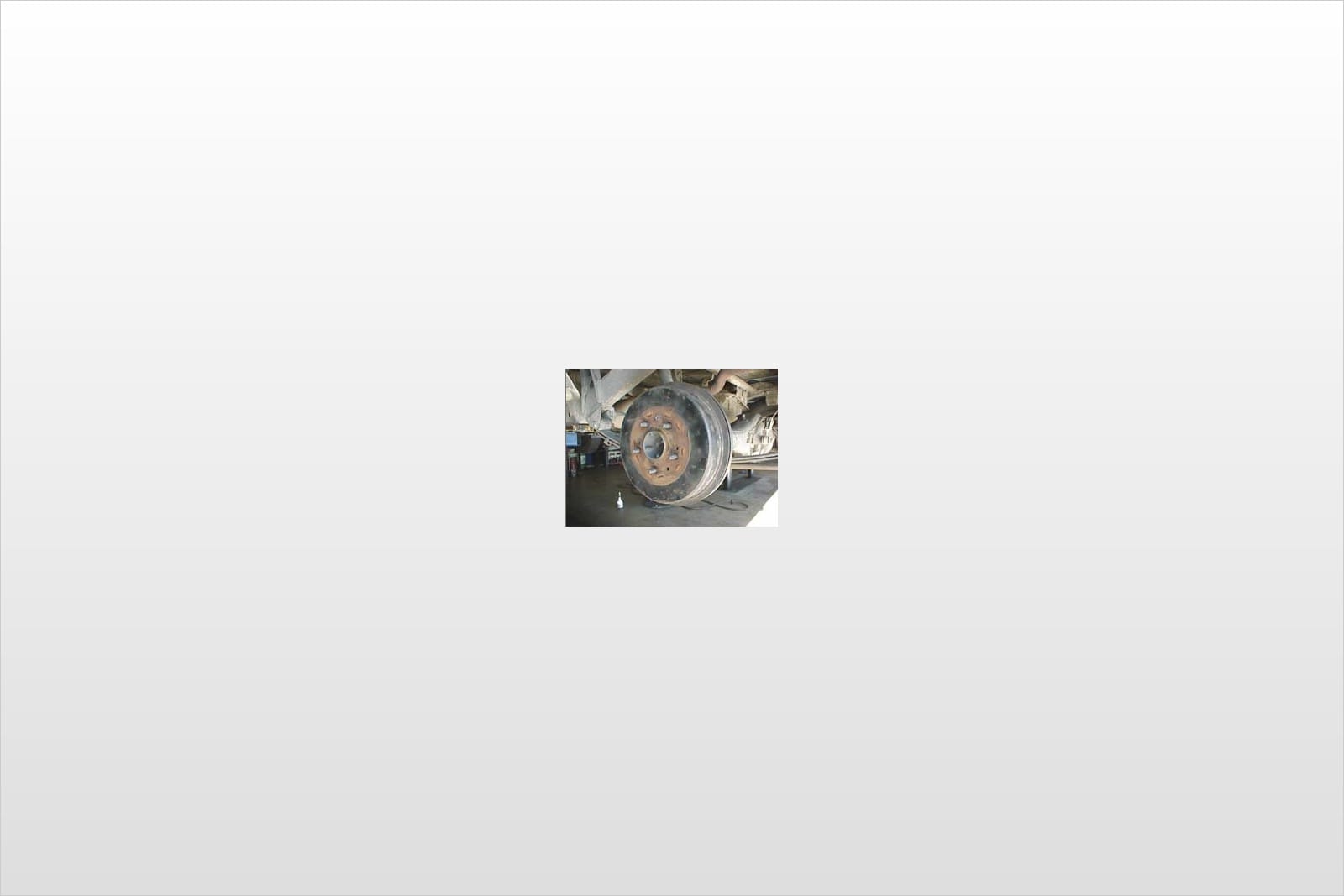One thing that isn't often mentioned about Studebaker's old original equipment Dunlop Disc Brakes, is that unlike most latter disc systems it is absolutely critical that the brake pads are regularly inspected and replaced.
The Dunlop calipers have cast in stops that prevent the metal backing on the pads from ever coming into contact with the rotor. If the disc pads are allowed to wear too thin they will come up against these stops. The Brake pedal will remain high and hard but there will be reduced or no front braking with no warning noises. I learned this the hard way at the cost of replacing the entire front clip on my ''65 Cruiser. The price of new set of rotors would have been much cheaper.
As a practical matter, unless your Studebaker is a full on restoration, that will be competing for points, there are much better, larger, (extended service life) and easier to service conversions available. The original disc system would be my last choice for anything I intended to drive regularly in modern traffic.
The Dunlop calipers have cast in stops that prevent the metal backing on the pads from ever coming into contact with the rotor. If the disc pads are allowed to wear too thin they will come up against these stops. The Brake pedal will remain high and hard but there will be reduced or no front braking with no warning noises. I learned this the hard way at the cost of replacing the entire front clip on my ''65 Cruiser. The price of new set of rotors would have been much cheaper.
As a practical matter, unless your Studebaker is a full on restoration, that will be competing for points, there are much better, larger, (extended service life) and easier to service conversions available. The original disc system would be my last choice for anything I intended to drive regularly in modern traffic.



Comment